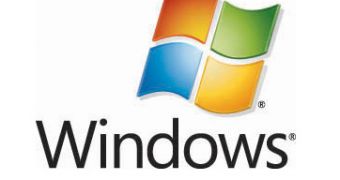One of the issues that plagued Windows Vista when the operating system was launched in January 2007 was the slow copying speeds delivered. Over two years later, and after SP1 resolved the initial issues, Microsoft informed users that there were additional problems impacting performance. In this regard, the Redmond company noted that, while copying a file from Windows Vista or Windows Server 2008 to a down-level system, such as Windows XP or Windows Server 2003, in the context in which Intel I/OAT was enabled, users would notice that the performance was significantly slower compared to when the feature was disabled.
“Consider the following scenario: you have a computer that is running Windows Vista or Windows Server 2008. Intel I/O Acceleration Technology (I/OAT) is enabled on the computer. You copy files to this computer from another computer that is running a down-level operating system, such as Windows XP and Windows Server 2003. In this scenario, the file copying is significantly slower than when Intel I/O Acceleration Technology is disabled,” the company noted.
Microsoft has yet to update Windows Vista or Windows Server 2008 in order to resolve this issue. However, a resolve is available. Affected customers will have to contact the software giant and grab a hotfix that Microsoft is offering in order to remove the performance handicap associated with copying processes from Vista and Windows Server 2008 to down-level Windows platforms. Ironically Intel I/OAT is designed to increase copying speed.
“Intel I/OAT, together with the network direct memory access (NetDMA) feature in Windows Vista Service Pack 1 or Windows Server 2008, provides direct memory access to memory by network-intensive applications. This significantly reduces the CPU load by reducing memory copying during networking operations. For Intel I/OAT to work, it must be enabled in both the BIOS and the operating system. By default, Intel I/OAT is disabled,” Microsoft explained.

 14 DAY TRIAL //
14 DAY TRIAL //